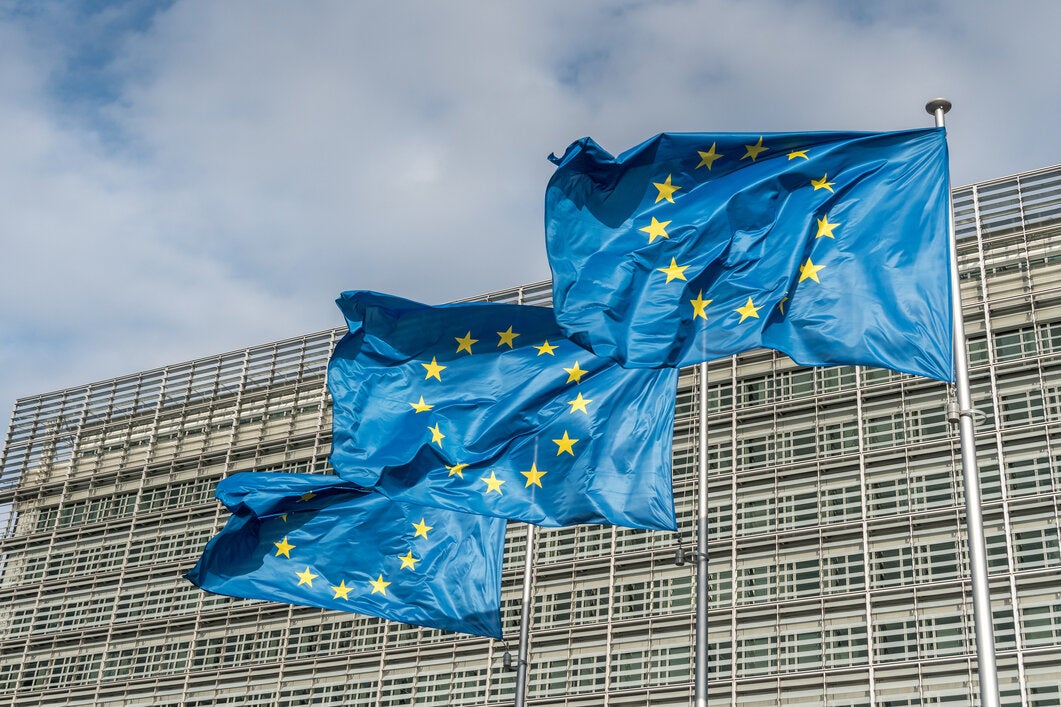
The European parliament on Tuesday backed plans to expand the emissions trading scheme (ETS) despite opposition from 167 MEPs, the Financial Times (FT) reports.
The reforms plan to put a carbon price on fuel used for transport and heating. Opposition comes mainly from green, left-wing, and far right groups, who warn that the reforms could spark public opposition to rising energy costs.
Parliament voted to approve the ETS expansion by 413 votes to 167, with 57 abstentions. However, it will not come into effect until 2027 and could be delayed further if energy prices surge again.
Carbon permits, which companies buy and sell under the EU ETS in order to stay within greenhouse gas emissions allowances, rose to $106.57 (€100) per tonne for the first time in February, taking the cost of polluting to a record high.
MEPs approved the inclusion of shipping emissions in the ETS reforms for the first time and agreed to phase out free allowanced for airlines by 2026 unless companies begin using sustainable aviation fuel.
Parliament also voted for the world’s first carbon border tax. The carbon border adjustment mechanism will take effect in 2026 and will charge tariffs on imports from countries that do not have their own carbon pricing systems. It aims to prevent heavy industry currently based in the EU from moving elsewhere to avoid high carbon permit costs.
Market reform opposition from all sides
Manon Aubry, French leader of the Left group in the European parliament, said that extending the ETS could increase the cost of domestic fuel and heating by half for households. She argued that the onus for polluting should fall on corporations rather than individuals.
A spokesperson for France’s Green party said: “This makes households bear part of the cost of pollution for emissions that they cannot necessarily avoid. It is very similar to what led to the gilets jaunes [yellow jackets movement] in 2018.”
The party also condemned the decision to continue giving free emissions permits for heavy industry until 2026, after which they will be phased out over eight years ending in 2034.
Aubry added that increasing the cost of filling a car and heating a home would “boomerang” on climate activists. “I hope I am wrong but in a few years’ time people will hate climate policies. People will go to the far-right parties” because they are having to personally pay for pollution that they cannot control.
To alleviate pressure on households, MEPs agreed to provide funds worth up to $94bn (€86bn), which will come from the money made from the sale of emissions permits, to help poorer households reduce their carbon footprint.
“The social Climate Fund will help [citizens] to insulate their houses, instal a heat pump, buy an electric car, or take up other measures that save energy and money,” Frans Timmermans, the EU commission vice-president responsible for the green deal, said via the FT. The deal aims to reduce carbon emissions by 55% by 2030 from 1990 levels.
The global cost of living crisis and tough measures taken by the EU to reduce the environmental impact of farming have led some member states to try to slow the pace of the EU energy transition.
Last month, Germany, Italy, and Austria forced the EU to revise plans to ban all new sales of vehicles with combustion engines by 2035, with compromises being made that allowed the continued use of traditional engines with carbon-neutral fuels.
In February, representatives from Denmark, Germany, the Netherlands, Estonia, Finland, Luxembourg, and Latvia signed an open letter warning the EU against rushing into drastic changes to its energy market design amid volatile energy prices.




